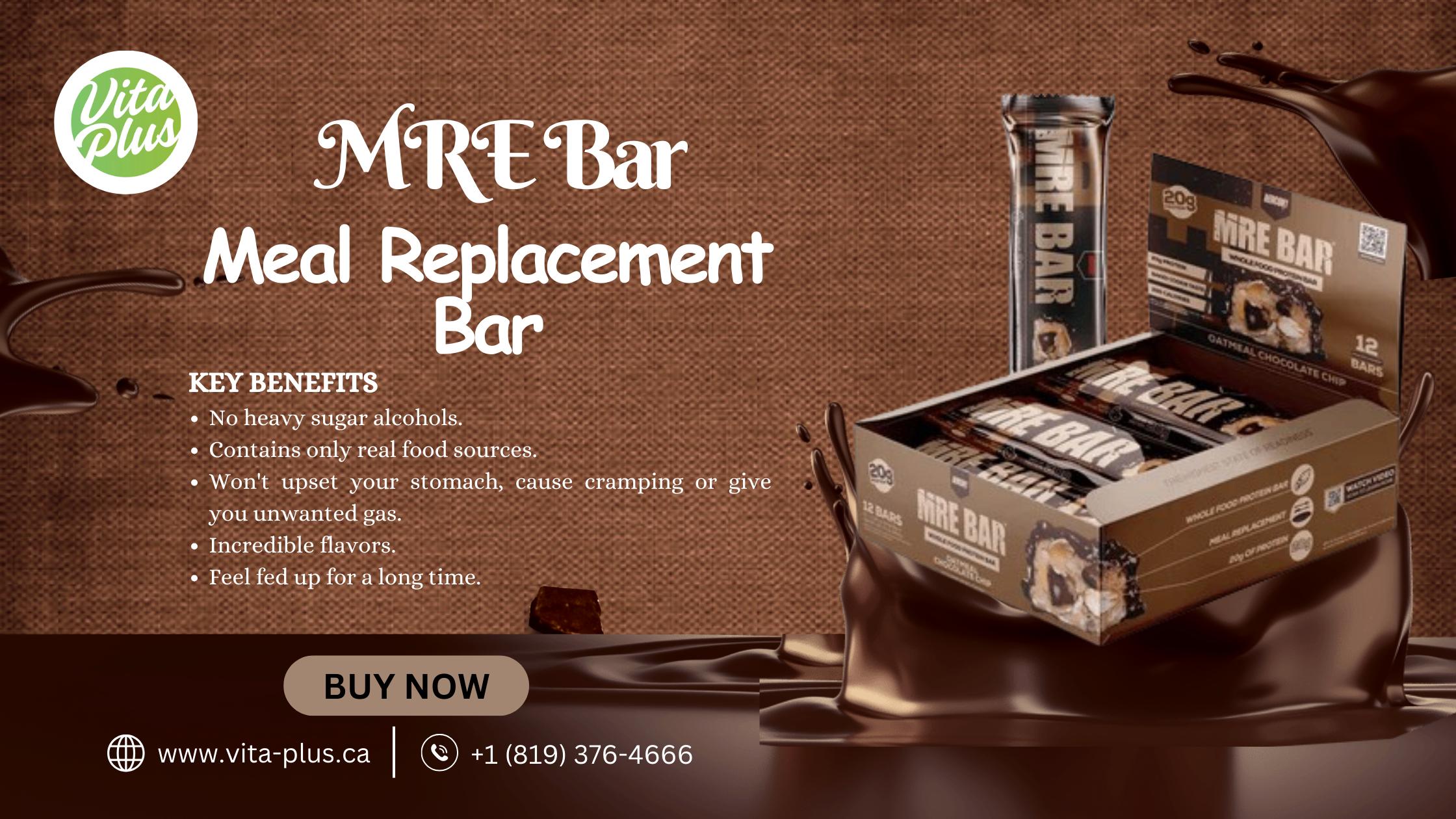Achieving muscle hypertrophy requires more than just lifting weights; it demands a strategic approach to nutrition that fuels your body for growth and recovery. Whether you’re a seasoned athlete or just starting your fitness journey, understanding how to effectively plan your nutrition is crucial for maximizing muscle gains. This article will guide you through the essential components of a muscle-building diet, from macronutrient distribution to meal timing, empowering you to tailor your nutritional plan for optimal results. With a confident grasp on these principles, you’ll be well-equipped to support your training regimen and achieve the muscular physique you desire.
Understanding Macronutrient Ratios for Optimal Muscle Growth
When aiming for muscle hypertrophy, understanding the balance of macronutrients—proteins, carbohydrates, and fats—is crucial. Proteins are the building blocks of muscle tissue, so they should form the cornerstone of your diet. Aim for a protein intake of about 1.6 to 2.2 grams per kilogram of body weight per day. Carbohydrates are equally essential as they fuel your workouts and aid in recovery. Prioritize complex carbohydrates such as whole grains, fruits, and vegetables to provide sustained energy and nutrients. Fats, often misunderstood, are vital for hormone production, including testosterone, which plays a role in muscle growth. Ensure that 20-30% of your daily caloric intake comes from healthy fats like avocados, nuts, and olive oil.
- Proteins: 1.6 to 2.2 grams per kg of body weight
- Carbohydrates: Prioritize complex sources
- Fats: 20-30% of daily caloric intake
To tailor your macronutrient ratios for optimal muscle growth, consider the timing of nutrient intake as well. Consuming a protein-rich meal post-workout can enhance muscle repair and growth. Meanwhile, distributing carbohydrate intake evenly throughout the day helps maintain energy levels and supports recovery. Personalizing your macronutrient balance based on your specific goals and body type can make a significant difference in your muscle-building journey.

Designing a Meal Plan that Supports Consistent Hypertrophy
To effectively foster muscle growth, your meal plan must be as strategic as your workout regimen. Start by focusing on a balance of macronutrients that cater to muscle repair and growth. Protein is your primary ally; aim for 1.6 to 2.2 grams per kilogram of body weight daily to stimulate muscle protein synthesis. Lean sources like chicken, turkey, tofu, and legumes are excellent options. Carbohydrates fuel your workouts and aid recovery, so include complex carbs such as brown rice, quinoa, and sweet potatoes to maintain energy levels. Fats are equally important for hormone production, so don’t shy away from healthy fats found in avocados, nuts, and olive oil.
- Consistency is Key: Consume meals at regular intervals, ideally every 3-4 hours, to keep your body in an anabolic state.
- Hydration Matters: Stay well-hydrated to support nutrient transport and metabolic processes.
- Micronutrients Count: Ensure a variety of fruits and vegetables to cover your vitamin and mineral bases.
- Pre and Post-Workout Nutrition: Consider a protein-rich snack 30 minutes before and after workouts to maximize recovery and growth.
Ultimately, a well-designed meal plan is not just about hitting macronutrient targets but also about sustaining energy, promoting recovery, and supporting your overall health. Adjust your caloric intake based on your training intensity and personal goals, and remember that patience and consistency are the pillars of successful hypertrophy.
Incorporating Supplements to Enhance Muscle Development
While a balanced diet remains the cornerstone of muscle growth, integrating supplements can offer an added boost to your efforts. Protein powders like whey or casein can help meet your daily protein goals more conveniently, especially post-workout when muscle recovery is critical. Consider creatine for its proven benefits in enhancing strength and increasing lean muscle mass. Branched-Chain Amino Acids (BCAAs) can also be valuable, reducing muscle soreness and promoting faster recovery.
- Multivitamins: Ensure you’re not missing out on essential micronutrients that support overall health and muscle function.
- Omega-3 fatty acids: These can help reduce inflammation and support joint health, essential for those heavy lifting sessions.
- Beta-Alanine: Known to enhance endurance, this supplement can be particularly useful during high-intensity workouts.
Remember, supplements are not substitutes for a healthy diet but rather enhancements to it. Tailor your choices to align with your specific fitness goals and dietary needs, and consult with a healthcare provider to ensure they fit your personal health profile.
Timing Your Nutrient Intake for Maximum Gains
Timing is everything when it comes to fueling your body for muscle hypertrophy. To optimize muscle growth, it’s crucial to strategically schedule your nutrient intake throughout the day. Pre-workout nutrition should focus on providing your muscles with the energy they need for a powerful session. Aim to consume a meal rich in carbohydrates and moderate in protein about 1-2 hours before exercising. This combination will ensure a steady release of energy, enhancing your performance and endurance.
Equally important is your post-workout meal, which should be consumed within 30 minutes to an hour after training. This is the window when your muscles are most receptive to nutrients, making it the perfect time to replenish glycogen stores and kickstart recovery. Focus on a meal that includes:
- High-quality protein to repair and build muscle fibers.
- Complex carbohydrates to restore energy levels and support the anabolic process.
- Healthy fats to support overall recovery and hormonal balance.
By timing your nutrient intake strategically, you can maximize your muscle gains and ensure that your body is primed for growth and recovery.




